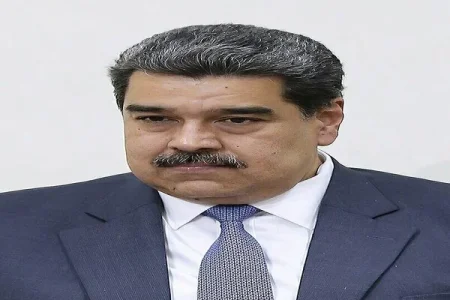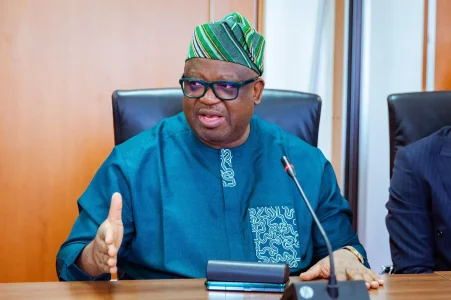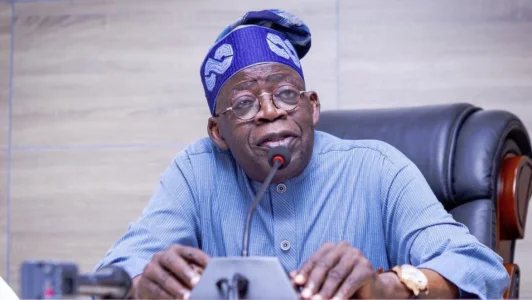
Nicolas Maduro was sworn in for a third presidential term in Venezuela, amid opposition protests and rejection by Western powers. The ceremony, attended by allies like Nicaragua and Cuba, contrasted with accusations of election rigging. Sanctions from the UK, EU, and Canada further isolate Maduro’s administration internationally.
Nicolás Maduro has officially begun his third term as President of Venezuela, despite facing significant opposition domestically and internationally. The swearing-in ceremony, held in a smaller venue than usual, symbolized the complex political climate. Maduro, supported by allies like Nicaragua and Cuba, emphasized his legitimacy, rejecting any foreign influence over Venezuela's leadership.
While countries like China and Russia sent representatives, Western nations, including the UK, EU, and Canada, imposed sanctions on Maduro’s associates, citing human rights violations and undermining democratic norms. Opposition leaders continue to challenge the legitimacy of the July 28 election, with claims that their candidate, Edmundo Gonzalez, secured a decisive win.
Maduro dismissed these claims, referencing the opposition as "Guaidó 2.0," a nod to the self-proclaimed interim leader Juan Guaidó in 2019. He reaffirmed his commitment to Venezuela’s independence, declaring no external force could dictate the nation’s presidency. Meanwhile, opposition groups vow to continue their fight for democratic governance.
The international community remains polarized, with Maduro gaining support from select allies and facing mounting pressure from Western powers. His third term underscores Venezuela's ongoing political and economic challenges and its strained relationship with the West.



![[FULL TEXT] Tinubu's 2026 Message: Reforms, Security and Prosperity for Every Household](/data/attachments/226/226874-4f168a69f5da2f2beba0abad16eafe9d.jpg?hash=McIpTkIc6q)
